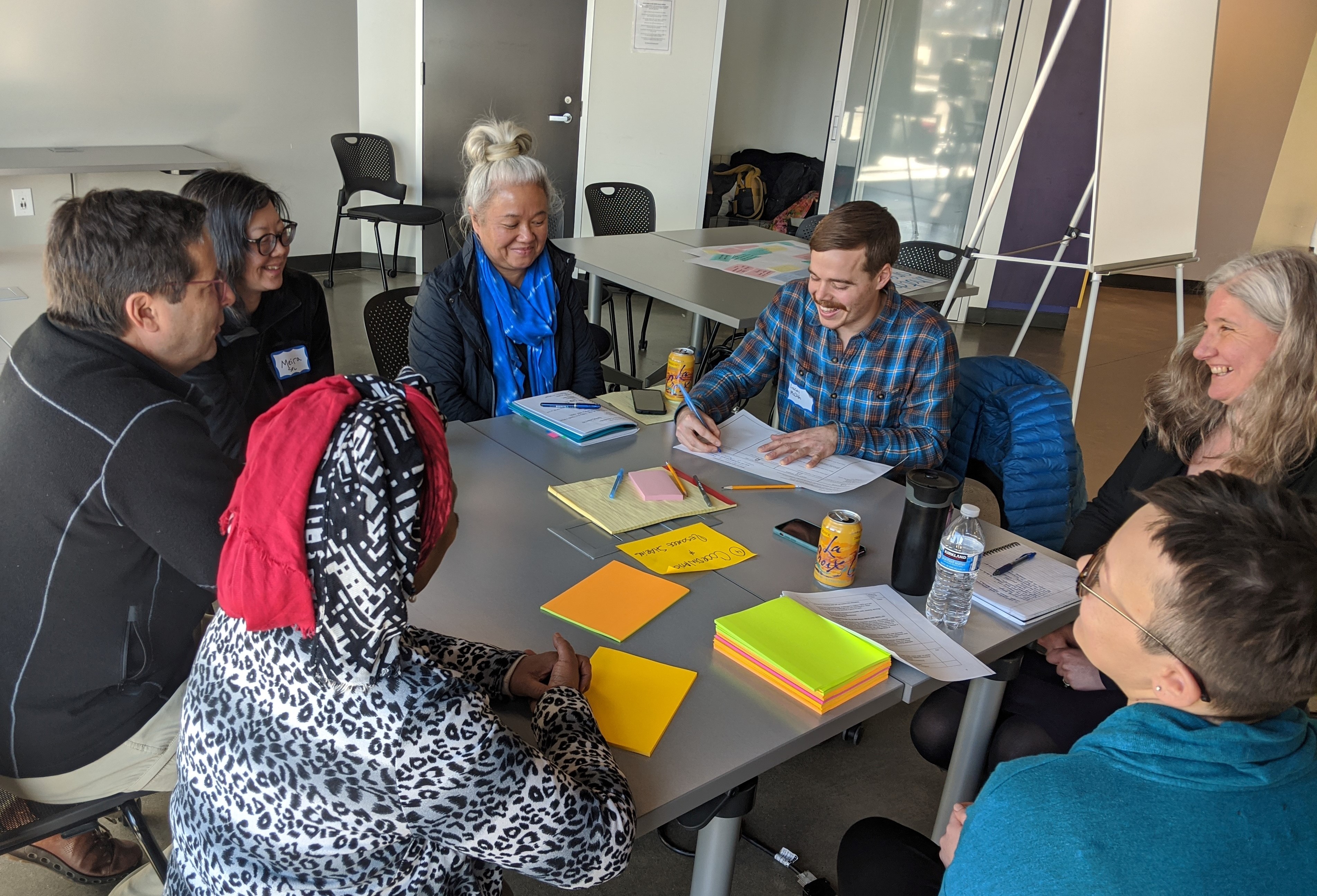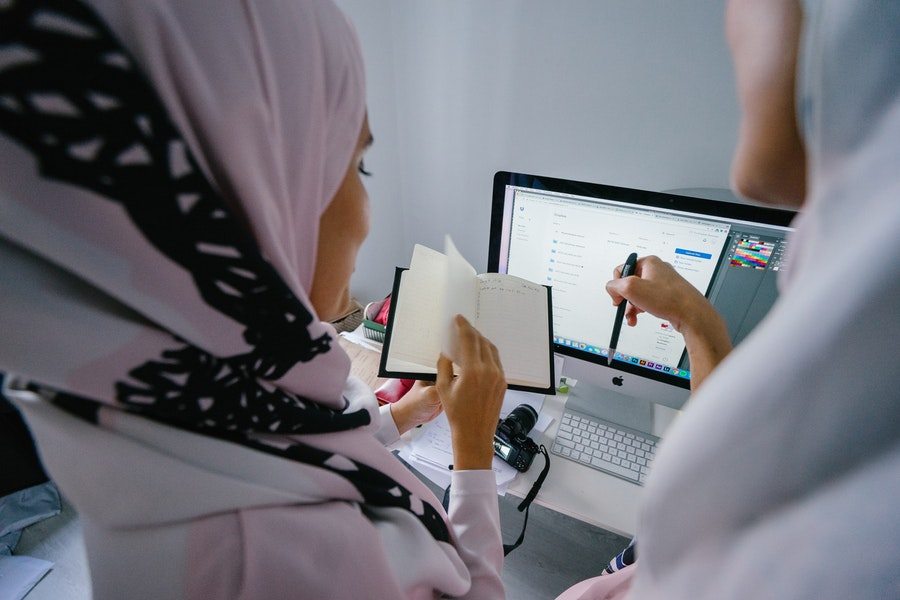
January 21, 2021
Since the last update on the Digital Bridge project, we’ve completed our data collection for the project, and we’ve begun analysis. Throughout the course of the project, several people have expressed interest in our use of audio diaries as part of our methods. This post provides the nitty gritty on the methods and our initial…







